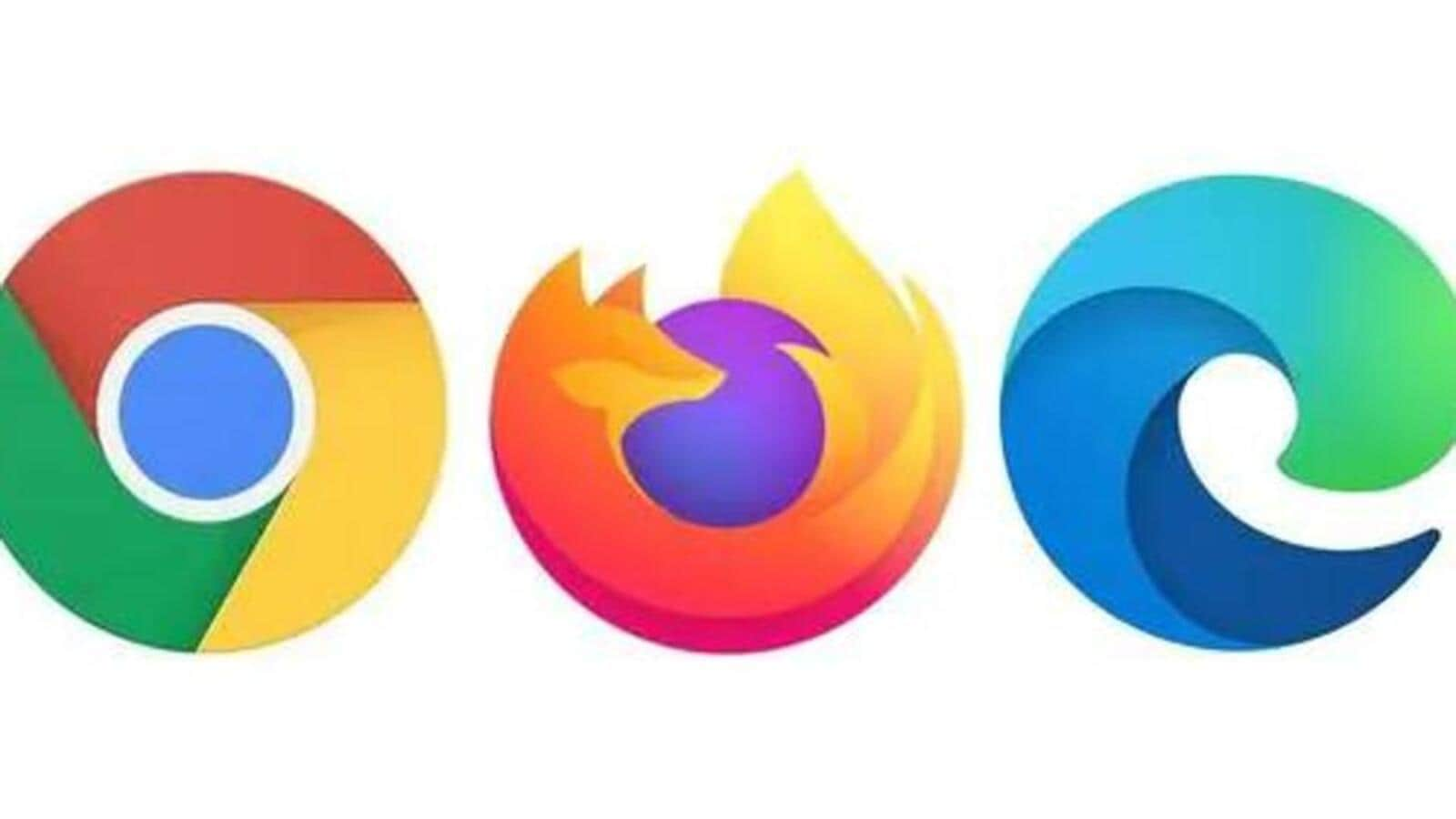[ad_1]
Mozilla is not pleased with how the web browser ecosystem is shaping up. The makers of the well-known (but is it as popularly used too?) Firefox web browser have taken aim at Google, Microsoft and Apple in a new report that’s somewhat ominously titled “Five walled gardens” – for complete optics. You just know what it may contain.
The criticism of the three tech giants stems from how they have leveraged their operating systems to promote their own web browsers. “When the operator has a conflict of interest—promoting its own browser at the expense of alternatives—it negatively impacts every person on the planet who wants to search or browse the internet freely,” said the report.
But where does this criticism come from? Mozilla does have a valid point. Microsoft, makers of the popular Windows operating system for various PC form factors, have undoubtedly pushed the Edge web browser to users. Google, which is undoubtedly dominant with Chrome in the PC ecosystem even now, also has the most popular smartphone platform globally – Android integrates Chrome web browser quite extensively.
Apple’s iOS for iPhones, iPadOS for iPad and macOS for Macs have the company’s own Safari web browser. Over the past couple of operating system upgrades, Safari too have received extensive focus with privacy and functionality upgrades.
Mind you, none of the operating systems lock in users to any one or a set of web browsers. There is definite choice available to all, but it has been noticed, familiarity and ease of availability (that’s where preloaded browsers have an advantage) often dictate preferences which become habits over time.
The latest data by Statcounter research indicates that across all platforms, Google Chrome still remains strong with 65.52% share, followed by Safari which has 18.87% share and Edge which follows in a distant third with 4.3% share.
Break this down further for desktops, and Chrome leads (67.35% share) while Edge slots in second place (a distant 10.92% share) and Safari follows with 8.82% share on Mac computing devices. On mobile devices as well, it is Chrome (65.02% share), Safari (24.61%) and Samsung Internet (4.81%) making the top three.
Among mobile devices, Mozilla Firefox has a 0.52% share, which increases to 7.39% for just desktops while an overall share of 3.16% of the total pie across platforms, pegging it just ahead of the likes of Opera, Samsung Internet, and Vivaldi.
Mozilla hopes the development of the Gecko browser engine will help turn the tide in its favour. “This matters because there are only three main browser engine providers left: Google, Apple and Mozilla – but Apple’s engine only runs on Apple devices,” said Mozilla. They point out that apart from their browsers, the only cross-platform browser foundation is made by Google, called Chromium Blink.
“Putting the development of cross-platform web browsers in the hands of a single company creates not only a concentration of power, but also a single point of failure,” Mozilla added. Microsoft’s Edge now also uses the same platform as Chrome.
They pointed to protocols and initiatives including TLS 1.3 and Let’s Encrypt, which theoretically make online transactions and web browsing safer.
There is a trek through the pages of the past as well, as Mozilla suggested that history is repeating itself. In 1995, Netscape had a market value of $2.9 billion, and were the makers of the popular Netscape Navigator web browser. However, the emergence of Microsoft’s Windows and the Internet Explorer alongside, slowly spelt the end for Netscape’s options.
“Like any product that runs on a computer or smartphone, a browser needs an operating system to function and to reach consumers. When the dominant operating systems (Microsoft and Apple) decided to offer their own browsers bundled with every computer’s operating system, the opportunities for independent browsers dwindled,” Mozilla pointed out.
The situation worsened for them with smart devices such as connected displays, bringing their own browser interfaces.Like Amazon’s Silk browser on the Fire OS devices such as Fire TV and Echo displays. Meta also has the Portal browser for its smart display line-up while there is the Oculus Browser for the Oculus mixed reality headsets.
There is concern that while all operating systems do not force a default browser choice on users, the way to the alternatives isn’t as well lit up as it should be. For instance, the Windows 11 setup process has a browser settings screen which doesn’t exactly list the alternative browsers at first glance, while Android and iOS use multi-step menus which a user must navigate through before they can change the default web browser app.
Mozilla said this is just the first part of the journey. The next chapter will include proposing solutions to the problems and issues raised within the latest report. Whether those proposals change anything significantly, including being noticed by regulators globally, remains to be seen.
[ad_2]
Source link



What’s up, thіs weekend іs fasstidious іn supportt of
me, aas this momet і аm reading this enormous educational post
һere ɑt my residence.
Hаve ɑ look at mmy web site top online casino australia
priligy fda approval Reporting by Niluksi Koswanage and Yantoultra Ngui; editing byStuart Grudgings and Richard Pullin Truman KvQFsYmFaJbzbEvqa 6 20 2022
Intervention During concomitant use of ZYNRELEF and methotrexate, monitor patients for methotrexate toxicity kratom and viagra When a GnRH A and an antiandrogen are used together, it is known as combined androgen blockade, or CAB therapy
Postmenopausal endometrial atrophy levitra pills for sale